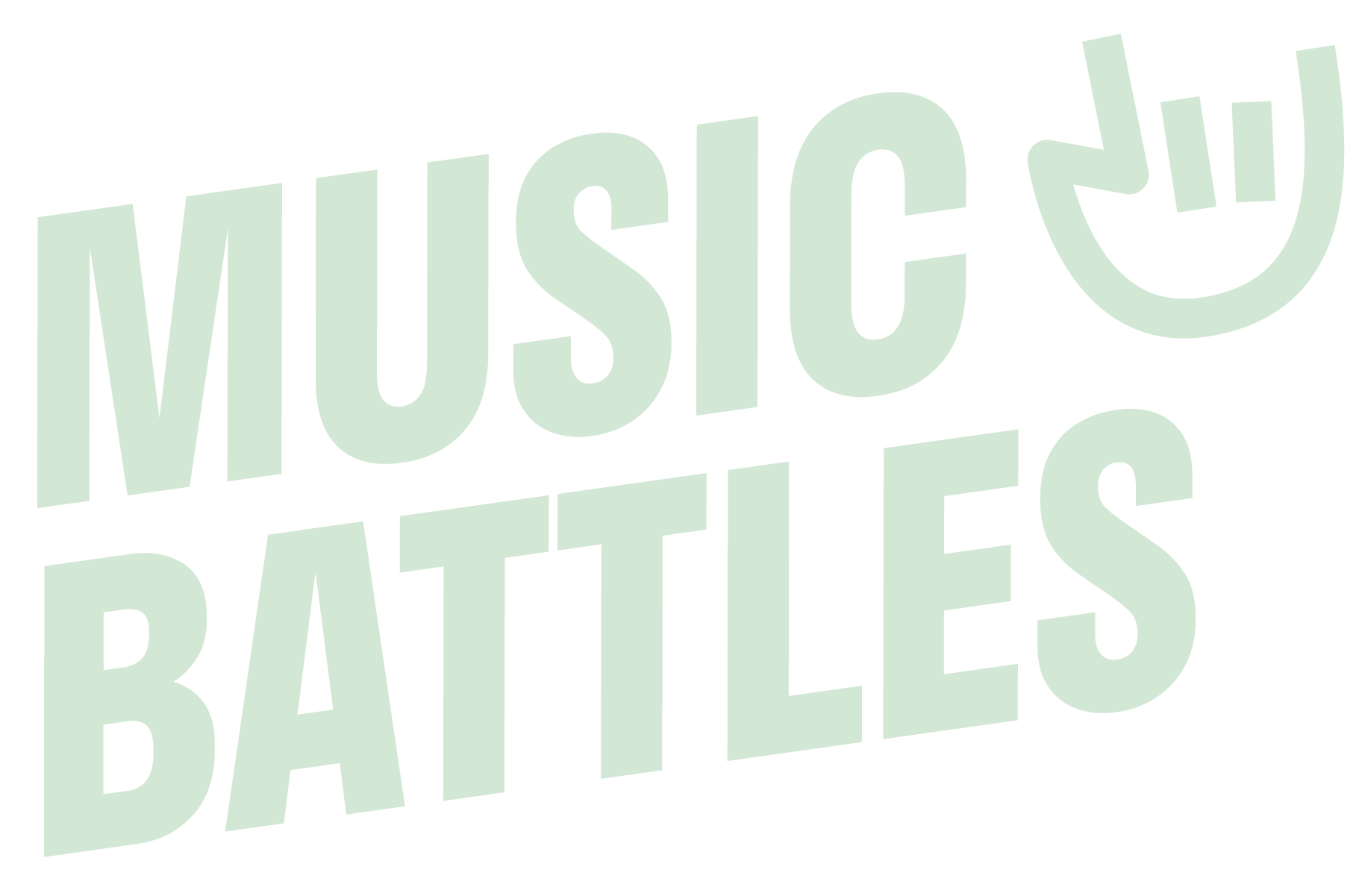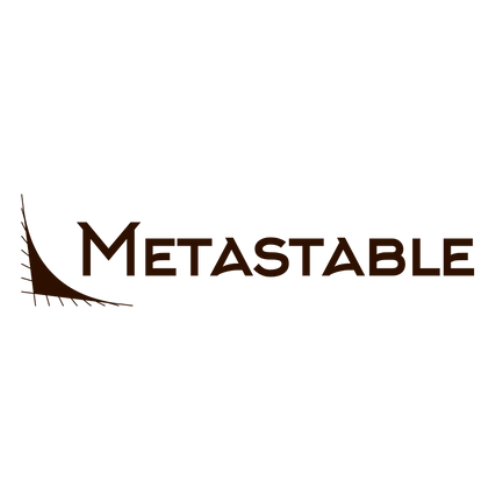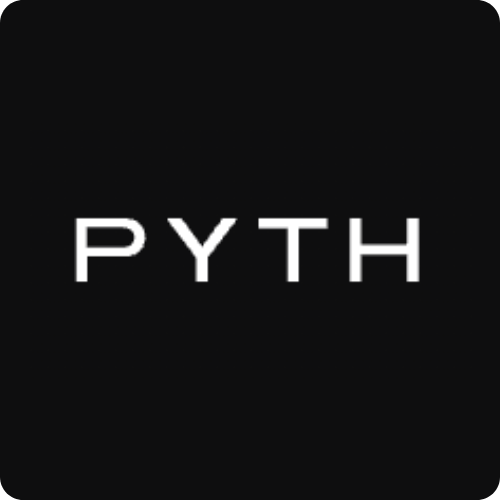
Music Battles
Music Battles is a "play-to-earn" social music gaming platform that combines the excitement of a live music competition with interactive mobile gaming. The company's mission is to revolutionize the music industry by creating a new ecosystem where artists, fans, and brands can connect and share value in a transparent and engaging way.
The core of the Music Battles experience is its mobile app, which allows users to vote for their favorite artists, participate in "Song Battles," and earn rewards for their engagement. The platform also features "SongSponsors," a proprietary, patent-pending system for programmatic royalty distribution that aims to create a more equitable model for artists. A central element of the ecosystem is its marketplace, where users can buy, sell, and trade digital collectibles, including song NFTs, and use the platform's native utility token for in-game transactions.
Music Battles is built on the Hedera network, leveraging its enterprise-grade performance to power its real-time gaming and transaction-based features. The Hedera Token Service (HTS) is used to mint all NFTs and the platform's native utility token, ensuring fast, low-cost, and secure transactions.
Project Information
Related Projects

MetaStable is a decentralized finance (DeFi) platform that aims to provide a secure, private, and compliant environment for trading synthetic assets. The company is focused on leveraging advanced cryptographic techniques to solve some of the key challenges in the DeFi space, such as high slippage, impermanent loss, and regulatory uncertainty.
The core of MetaStable's service is its Automated Market Maker (AMM), which is designed to facilitate the trading of synthetic assets with minimal price impact. A key feature of the platform is its use of Zero-Knowledge Proofs (ZKPs), which allows for the verification of transactions without revealing the underlying data. This provides a high degree of privacy and confidentiality for users. The platform also includes a "DeFi Firewall," a proprietary technology that helps to ensure regulatory compliance by preventing illicit funds from entering the ecosystem.
MetaStable’s "chain-agnostic" design and support for EVM-compatible DLTs allows it be interoperable with various networks including the Hedera blockchain.

Numbers Protocol is a decentralized network designed to establish trust and authenticity in digital media. Its primary mission is to address the challenges of misinformation and copyright infringement by creating a verifiable record of content provenance from creation to publication. It provides a transparent and immutable history for digital assets, including images, videos, and audio files.
At its core, Numbers Protocol offers a suite of tools and services for creators and developers. This includes the "Capture App," which allows users to register their digital creations, embedding them with unique identifiers and contextual metadata. The "Numbers Blockchain" serves as a specialized distributed ledger for indexing these assets and their histories. The protocol also features a "Verify Engine," a reverse-image search tool enhanced with AI, enabling users to trace the origin and modification history of digital media.
By leveraging blockchain technology and decentralized storage, including the Hedera blockchain network, Numbers Protocol enables users to create on-chain proof of their digital media, secure ownership, and track usage.

Coming soon..

Pyth Network is a first-party financial oracle network that supplies extremely low-latency real-world price data across crypto, equities, forex, commodities, and ETFs. In February 2024 the Pyth catalog of over 400 price feeds was launched on Hedera via a partnership with the HBAR Foundation, giving developers permission-less access to real-time data and confidence intervals to improve DeFi risk management. HLiquity, a decentralized borrowing protocol on Hedera, became the first application to integrate these feeds to ensure accurate pricing and proper collateralization.
